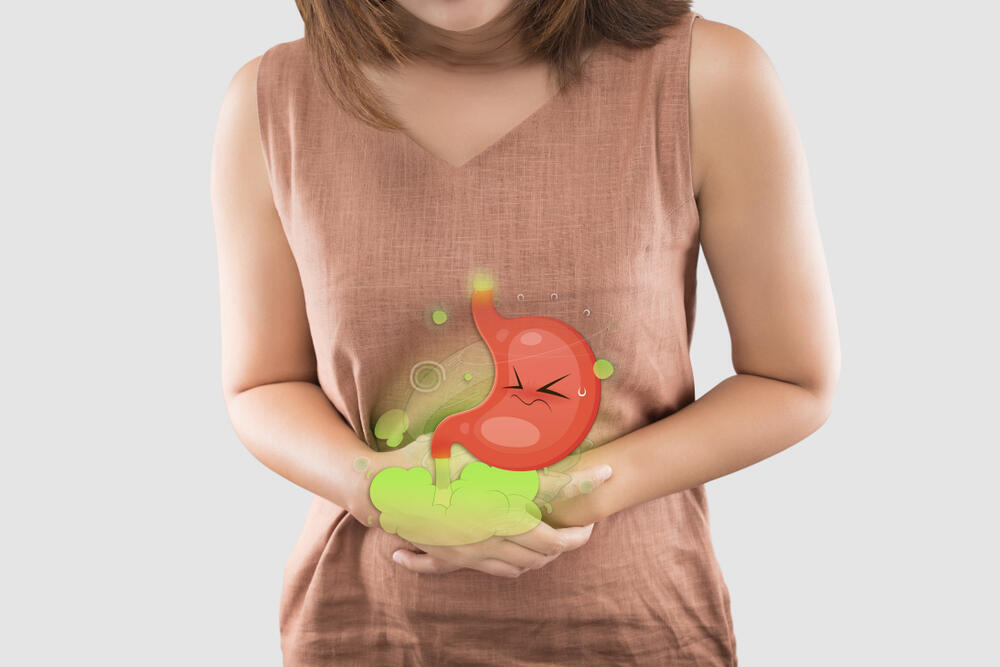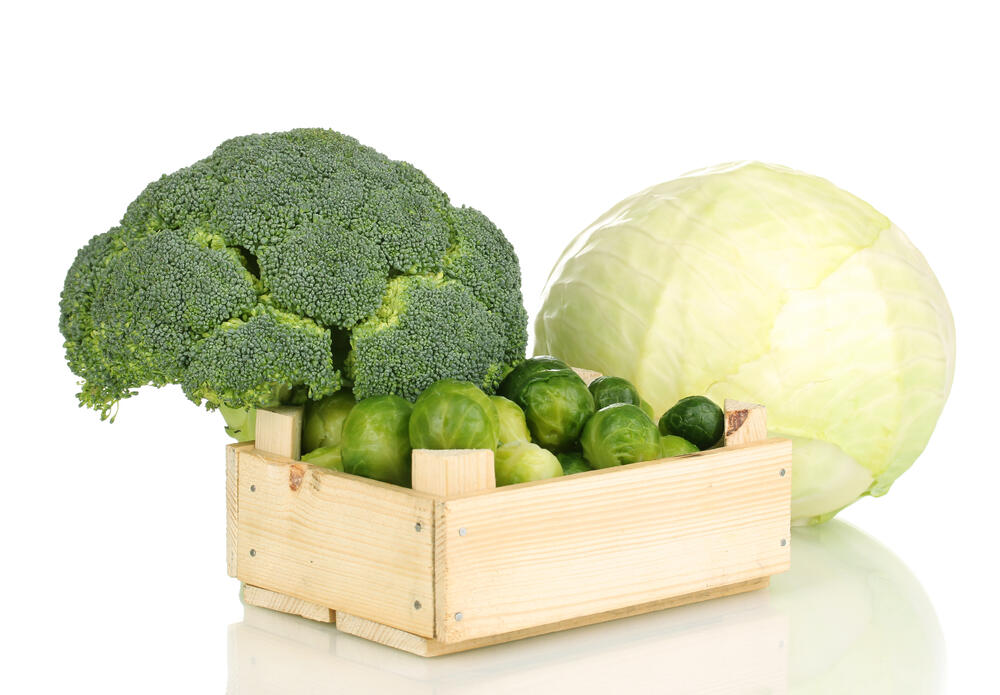Although it's embarrassing, it's important to talk about our digestive system, specifically about gas. Flatulence is a completely natural phenomenon that may indicate our health condition.
Clinical dietitian Shiri Nakash, explains what we need to know about gas (flatulating, farting, tooting or whichever name you prefer), why they can be smelly at times, and what can be done to avoid them.
Let's start with the obvious. The definition of farting is emitting gas from the anus. Gas expulsion is a completely regular process that happens to each of us about 15 to 20 times a day. But in certain cases, this could indicate a problem. For example, gases with a foul odor or excessive flatulence may be related to a nutritional problem or a sign of some health issue.
The intestinal bacteria are responsible for the gas in our digestive tract; they break down food components, mainly focusing on breaking down fibers. Some fibers found in several foods are hard to break down and can only be broken down in the intestines. The byproduct of this process is gas, mostly composed of methane, hydrogen and carbon dioxide.
 Shiri NakashPhoto: Screenshot
Shiri NakashPhoto: ScreenshotHow much is too much?
On average, we produce 500 to 2,000 milliliters of gas per day with most of it being released without us noticing. While most of the gas is released within an hour of eating, a significant amount is expelled during sleep when the sphincter muscle in the rectum relaxes. Even those released during the day aren't a problem since they're odorless. Please note that holding in gas, due to embarrassment or inability to release, is harmless but may lead to bloating and abdominal pain due to gas pressure on the intestinal wall.
Why do some people's gas smell worse than others?
The reason for this is the stomach bacteria. Some people have a gut microbiome that produces smelly gases. Diet plays a significant role in odor formation. There are foods that can affect odor formation, such as meat. Sulfur is found in particularly high levels in red meat. When sulfur breaks down by intestinal bacteria, it becomes a gas called hydrogen sulfide, which smells like rotten eggs.
Additionally, sulfur is found in fish, eggs, cabbage, broccoli, cauliflower and Brussels sprouts. While it's not advisable to reduce the consumption of vegetables like broccoli, reducing red meat consumption is recommended. You'd want to avoid sulfuric foods 24-48 hours before any important social function.
How does diet affect gas formation?
Consuming fiber is very healthy, but for some, an increased fiber intake will significantly increase gas production. Fiber-rich foods such as legumes are known for causing increased gas production in the intestines, especially white or brown beans and similar types. Beans of this kind are very rich in fiber, which essentially serves as food for intestinal bacteria, with gas production being a byproduct.
Adding fiber-rich foods to your daily diet will cause a lot of gas production at first, but after a few days, the digestive system adapts and gas production decreases. Therefore, for those not accustomed to eating legumes, especially beans, it's advisable to start small and gradually increase the amount.
You can slightly reduce the amount of gas generated from eating legumes by soaking them in water for a few hours before cooking. Eating softer legumes such as lentils or split peas usually results in less gas production.
Consuming cruciferous vegetables (healthy as they may be) such as cabbage, cauliflower, broccoli, kale, turnips and radishes may cause gas. Cruciferous vegetables contain a carbohydrate component called raffinose that doesn't break down in the digestive system and reaches the large intestine whole where it undergoes fermentation by intestinal bacteria. To reduce gas, you can cook and soften these vegetables.
What can be done?
Ironically, a diet low in fiber can also lead to increased gas production. While it might seem counterintuitive, insufficient fiber intake can disrupt normal bowel functions, leading to constipation or incomplete digestion. This disruption can result in fermentation of undigested food in the colon, which produces gas as a byproduct. Therefore, a balanced intake of fiber is essential for maintaining proper digestive health and minimizing discomfort from gas.
Excess gas may also result from consuming dairy products. If gas occurs after consuming dairy foods such as milk, cheese, and the like, it may be due to lactose intolerance.
This occurs when there is a deficiency in an enzyme called lactase found in the digestive system. The role of this enzyme is to break down lactose, the milk sugar found in dairy products. When this breakdown doesn't occur properly, it reaches the intestines in its undigested form and encounters intestinal bacteria, which ferment it, resulting in a lot of gas. This can also lead to abdominal pain, diarrhea, or alternatively, constipation.
6 View gallery


Lactose-intolerant people may produce excessive gas when consuming dairy
(Photo: Shutterstock)
If there's suspicion that this is the case, it's advisable to reduce dairy consumption for a while to see if the symptoms improve. It doesn't necessarily mean to completely avoid dairy products. Sometimes, you can just reduce the consumption of dairy products with lower lactose content, such as cottage cheese or hard cheeses. You can also take a lactase tablet supplement before meals to help break down lactose. In any case, it's advisable to consult with your doctor.
Eat slowly
People who eat fast tend to suffer more from gas. When eating quickly, there's a tendency to swallow large amounts of air with the food. Often, this air intake causes burping, but some of the air will pass through the digestive system and be released as gas.
People who tend to chew gum tend to produce gas in the digestive system, especially when it comes to chewing sugar-free gum. During gum chewing, we swallow a lot of air, and when it comes to sugar-free gum, it contains artificial sweeteners like xylitol, which can cause gas, as they pass into the intestines undigested and undergo fermentation by intestinal bacteria.
One way to alleviate gas symptoms is movement. Many people think that lying down will help, but actually going for a walk within 30 minutes after eating will help disperse the accumulated gas and reduce pain and bloating.






